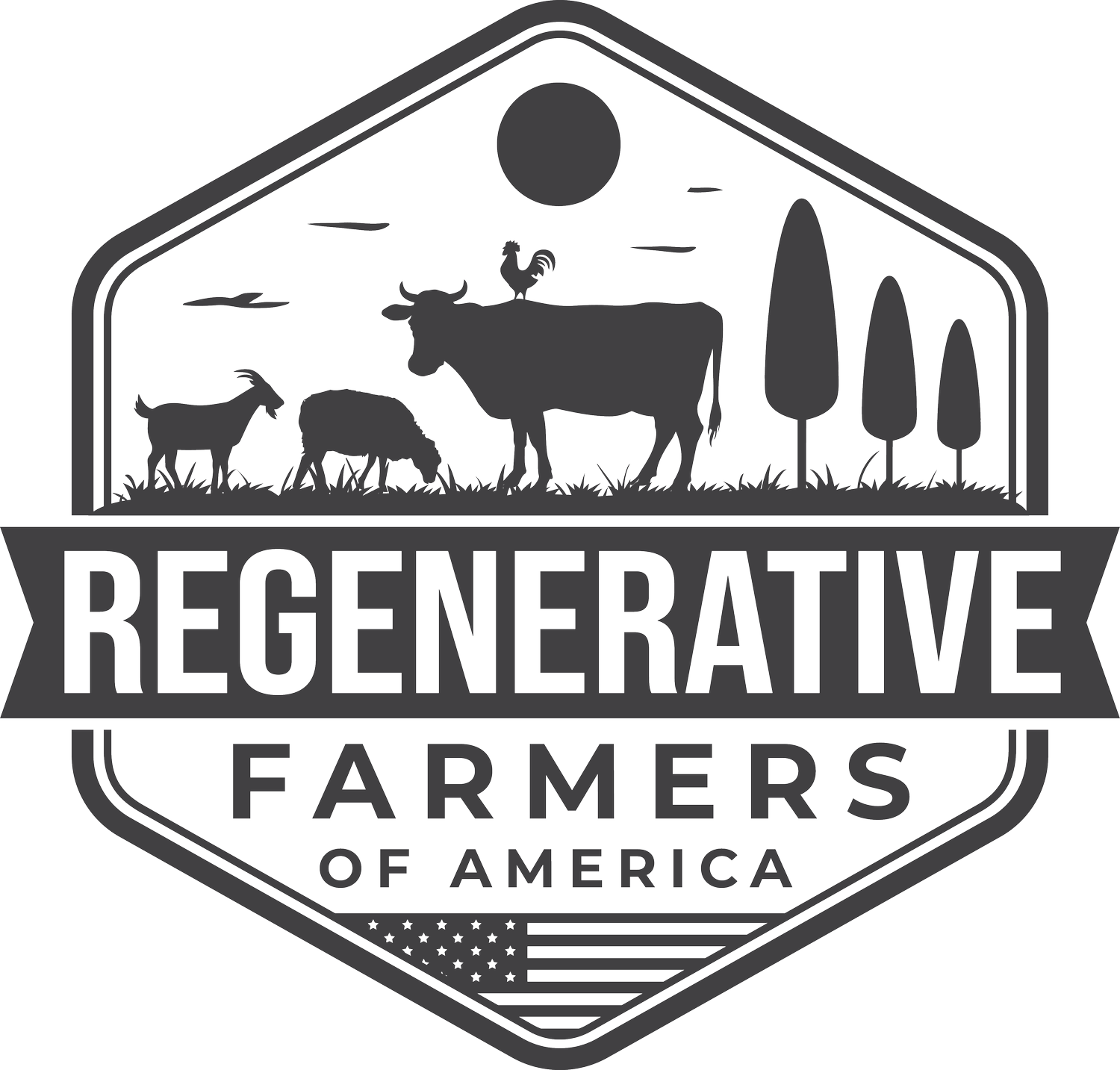FAQs about Regenerative Agriculture
What is regenerative agriculture?
Regenerative agriculture is an approach to farming that focuses on rebuilding soil health, promoting biodiversity, and improving ecosystem services. This involves implementing a range of practices, such as crop rotation, cover cropping, reduced tillage, and the use of natural fertilizers and pest management techniques. Learn more about regenerative agriculture practices above.
What are the benefits of regenerative agriculture?
Regenerative agriculture offers a range of benefits, including improved soil health, increased biodiversity, and enhanced ecosystem services. It can also help to reduce greenhouse gas emissions and mitigate or possibly reverse the impacts of climate change. Additionally, regenerative agriculture can lead to improved yields, increased resilience, and improved profitability for farmers. This growing trend offers huge opportunities for consumers, farmers, and the planet.
How does regenerative agriculture differ from conventional agriculture?
Conventional agriculture typically relies on synthetic fertilizers and pesticides, monoculture cropping systems, and intensive tillage. In contrast, regenerative agriculture emphasizes soil health, biodiversity, and natural nutrient cycling. Regenerative farmers often use crop rotation, cover cropping, and reduced tillage to improve soil health and promote ecological diversity.
Can regenerative agriculture feed the world's growing population?
Many experts believe that regenerative agriculture can help to feed the world's growing population. By improving soil health and enhancing ecosystem services, regenerative practices can lead to increased yields, improved food quality, and increased resilience to climate change. Additionally, regenerative agriculture can promote local food systems and reduce reliance on global supply chains.
How can consumers support regenerative agriculture?
Consumers can support regenerative agriculture by choosing to buy products from regenerative farmers and companies. . You can also support local farmers' markets and community-supported agriculture (CSA) programs, which often promote regenerative practices. Find farmers practicing regenerative agriculture here or go to our regenerative companies page to have regenerative products shipped to your door, its that easy to support regenerative farming!


